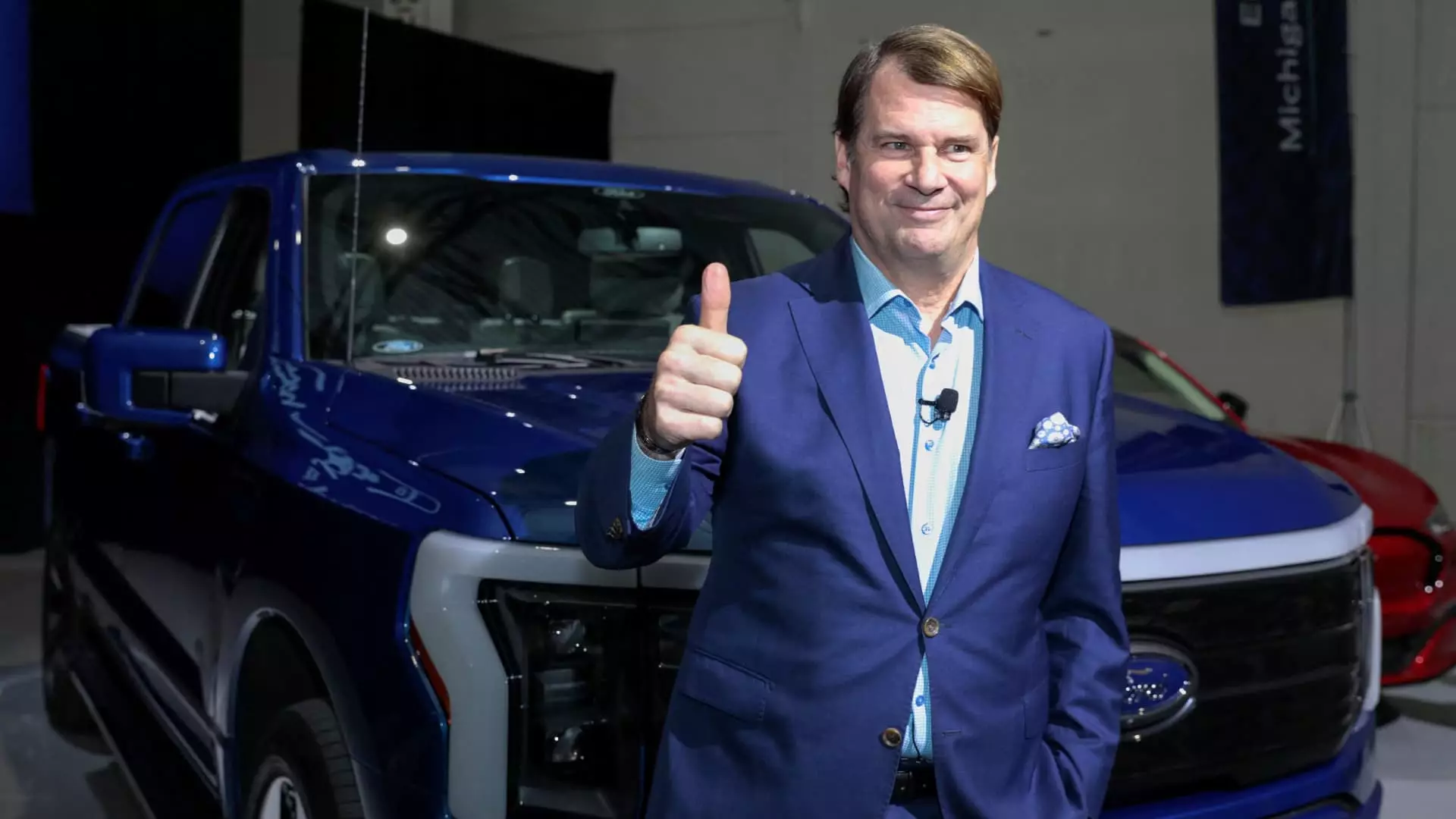In a significant statement made during Ford Motor Company’s fourth-quarter earnings call, CEO Jim Farley addressed the complexities associated with tariff policies within the automotive sector. Farley emphasized the necessity for the Trump administration to adopt a thorough approach to tariffs, rather than implementing selective measures that could unfairly advantage certain foreign competitors. This perspective comes in response to existing trade negotiations and the potential for a 25% tariff on automotive imports from Canada and Mexico while neglecting the more favorable import conditions for competitors like Toyota and Hyundai from Japan and South Korea, respectively.
Farley’s criticism highlights a growing concern among U.S. automotive manufacturers about the competitive landscape shaped by inconsistent tariffs. The argument here is not merely economic; it reflects a broader narrative of international fairness and the preservation of American jobs. As Ford and other U.S. automakers grapple with rising import pressures, the call for a more inclusive tariff policy seems increasingly urgent.
Analyzing the current dynamics in vehicle imports, statistics reveal that nearly half of the cars sold in the U.S. are produced outside its borders. Data from GlobalData indicate that last year, 46.6% of vehicles sold in the U.S. were foreign-made, with Mexico being the primary source of these imports. This staggering percentage emphasizes the impact that international manufacturing has on American companies. In particular, vehicles from South Korea and Japan are now entering the U.S. with minimal duties, a fact that raises concerns among domestic manufacturers who argue that such conditions create an uneven playing field.
The importation of vehicles from countries like South Korea, where there are virtually no tariffs in place, contrasts starkly with the 25% duties that American companies could face for their exports to Canada and Mexico. With automakers like General Motors importing hundreds of thousands of vehicles tariff-free from South Korea, Farley’s assertion regarding the need for a comprehensive tariff structure becomes more pronounced. Such disparities in tariff application not only challenge U.S. automakers’ market positions but also fundamentally impact the sustainability of American manufacturing jobs.
As the U.S. government continues to navigate its relationship with international trading partners, automotive executives like Farley are advocating for a stronger focus on equitable trade practices. The ongoing dialogue around tariffs is essential, especially in light of President Trump’s additional 10% tariffs on Chinese goods, which now includes automobiles. This evolving landscape necessitates continuous vigilance from American manufacturers to ensure they are not put at a disadvantage by uneven tariff applications.
As the automotive industry braces for potential changes in trade policies, the insistence on a comprehensive approach to tariffs may not only aid in protecting American jobs but also foster a healthier competitive environment. The future of U.S. automotive manufacturing depends on equitable trade relations, which require an honest assessment of the current trade dynamics and a commitment to fair policies that reflect the industry’s global nature.

